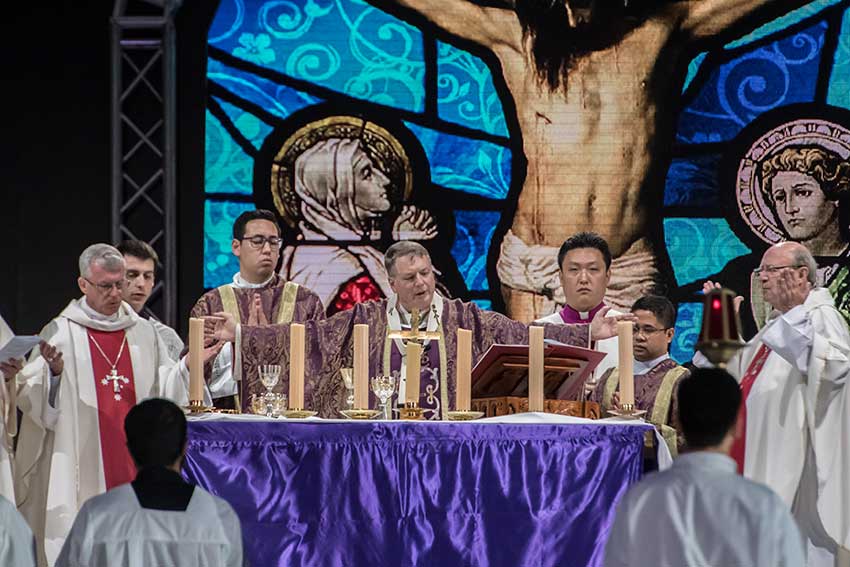
The words ‘Instrumentum Laboris’ sounds like they could refer to a surgical implement or a form of musical folly. In reality, the Latin phrase signifies the preparation for what pretty much everyone agrees needs to be talked about– the renewal of the Catholic Church in Australia.
This week it was announced that the document known as the Instrumentum Laboris (rough translation: the work tool) for the upcoming Plenary Council is well and truly underway. The document will not be an indicator of what the conclusions of the Plenary Council will be. But it will identify the general issues and prospects for the Church that need to be discussed. It will serve something like a ‘mud map’ of the issues on which everyone agrees that the Plenary Council needs to focus.
Guiding the development
This week the Council’s President, Archbishop Timothy Costelloe SDB of Perth, revealed what has previously been a closely-guarded secret: the names of his three key collaborators developing the Instrumentum Laboris. They are Daniel Ang, Dr Trudy Dantis and Fr Kevin Lenehan.
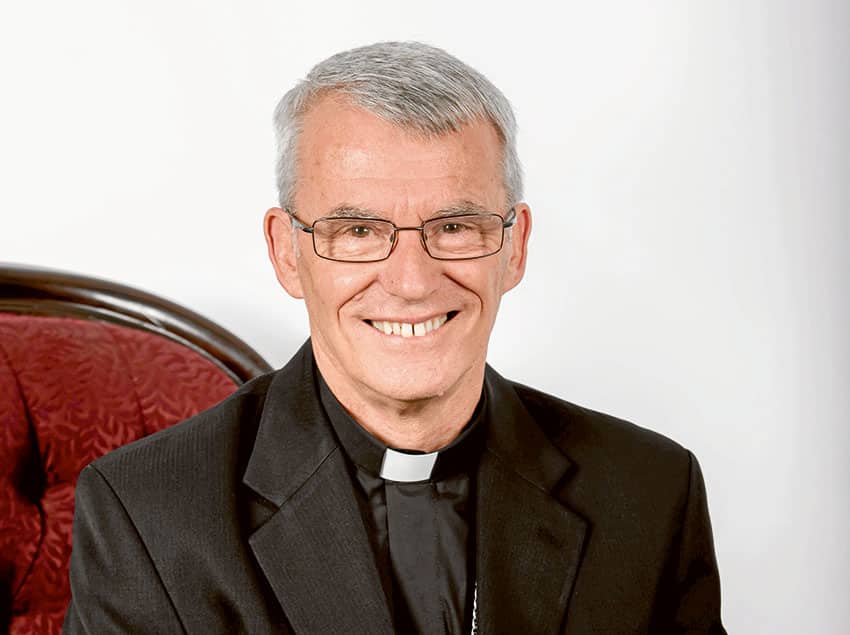
Mr Ang, the Director of the new Sydney Centre for Evangelisation in the Archdiocese of Sydney, is a married layman who has worked in evangelisation for several years and held leadership roles across multiple dioceses including the Dioceses of Parramatta and Broken Bay.
Dr Dantis is the Director of the Australian Catholic Bishops’ National Centre for Pastoral Research. Father Kevin Lenehan is the master of Catholic Theological College in Melbourne.
For those Catholics interested in how the Plenary Council is developing, Archbishop Costelloe also revealed that the document draws heavily on the first two preparatory phases of the Council journey: ‘Listening and Dialogue’ and ‘Listening and Discernment’.
When it is completed, the Instrumentum Laboris will have drawn on a range of sources such as the more than 220,000 people across the country who voiced their views on key church issues after the Plenary Council was announced, the discernment and writing papers on each of the six National Themes for Discernment, Church teaching, Scripture, papal documents and a range of other sources – within and beyond the Church.
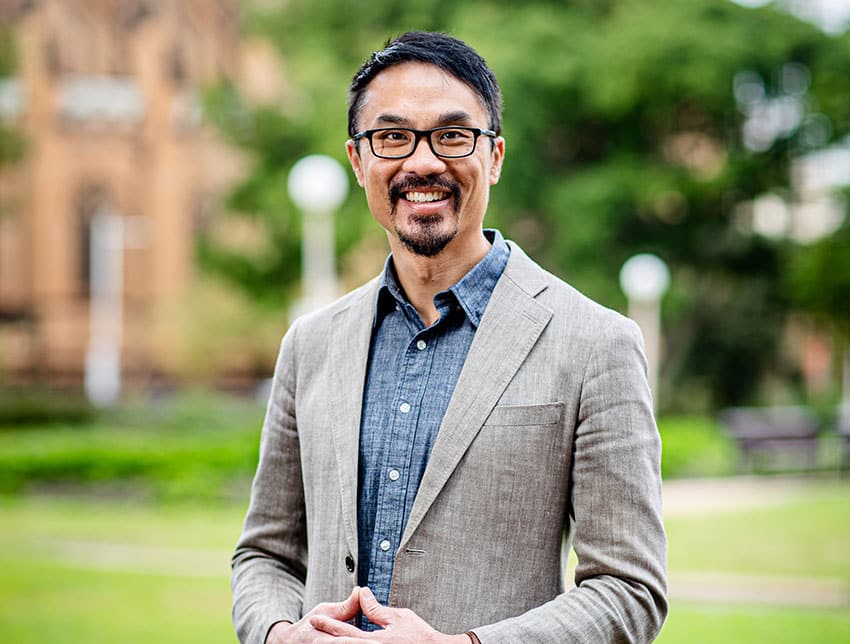
Giving a voice for the Plenary to hear
Among other sources, Archbishop Costelloe pointed to a national review of parish and diocesan governance, the Royal Commission into Institutional Responses to Child Sexual Abuse and the COVID-19 pandemic.
“It is the task of the Instrumentum Laboris to give voice to all these elements of our individual and communal experience, and deepen the process of bringing them into dialogue with the Gospel and the Church’s living tradition,” said Archbishop Costelloe.
It will also provide a constant reminder of the need for deep and ongoing discernment of God’s will for the Church, he said.
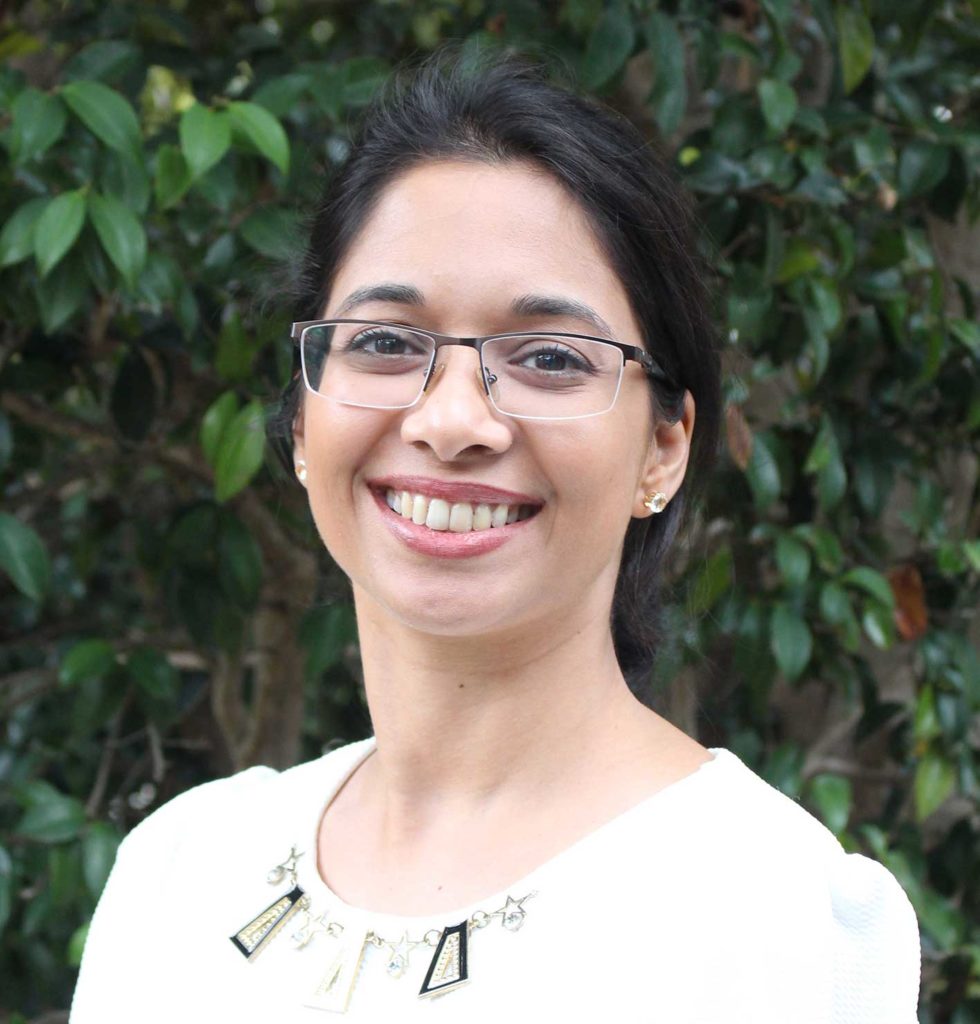
Joys … and hopes
Dr Dantis, whose centre was responsible for the collation and summation of more than 17,000 submissions during the opening stage of the Council, said the Instrumentum Laboris carries forward the voices heard in that period.
“The joys and hopes, questions and challenges that have been shared during this phase and through the writing of thematic papers form the basis for the continued process of reflection and discernment,” she said.
“They continue to be a crucial element of the path of synodality as we work towards the ongoing mission of the Church in Australia and for the proclamation of Christ to the world.”
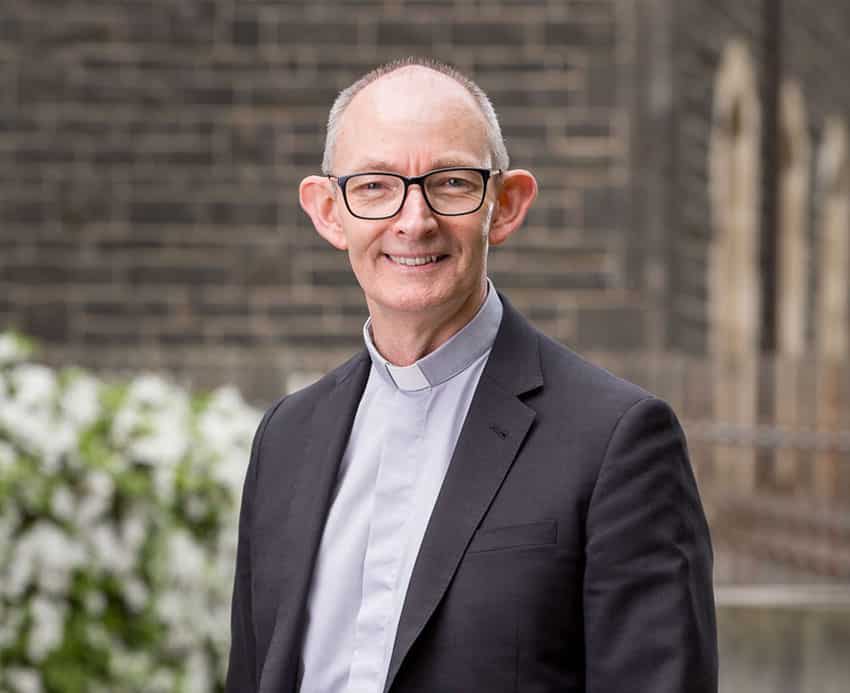
The essential issues
She said the document the writing group produces will discuss “the pastoral realities and issues essential to the faith and life of the Church in Australia and synthesise them with inspirations from the Gospels and the teachings of the Church”.
Mr Ang, who with Archbishop Costelloe and his fellow collaborators have been immersed in preparing the Instrumentum Laboris over the past month, said the ongoing preparation of the document is “one part of a Plenary Council journey that will stretch well beyond our group’s work together, to engage other voices”.
“I hope that our work will provide a faith-filled platform from which conversation among the delegates at the Council can spring,” he said.
Seeking the Spirit
“I see this entire pilgrimage of faith as none other than the reception of Jesus through time under the guidance of the Holy Spirit, and so I hope our work will ultimately nourish that encounter with Christ which is the very foundation and mission of the Church’s future in faith.”
Fr Lenehan said the group is trying to model the behaviour and broader vision of the entire Plenary Council.
“The Instrumentum Laboris team, like all those ‘walking together’ (synodus) on the Plenary Council journey, works by listening, gathering information, praying and proposing some next steps in the mission of the Church in Australia,” he said.
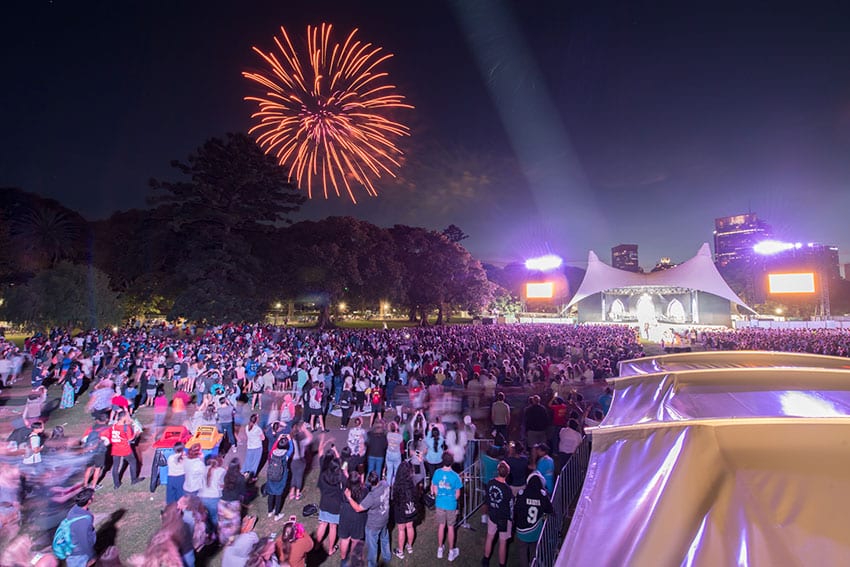
“It aims to offer a useful instrument or resource that can be a stimulus and guide to the communal discernment event of the Plenary Council assemblies in 2021 and 2022.
“It will assist the Council delegates to remain open to the working of the Holy Spirit by shining a light on the urgent questions of Catholics in Australia today, and by challenging the delegates to reflect carefully on the Scriptures and Tradition in order to propose realistic and authentically Catholic ways for the Church at all levels to respond to those urgent questions.”
Delayed – but still on track
The Instrumentum Laboris had initially been scheduled to be completed in time for the plenary meeting of the Australian Catholic Bishops Conference two months ago. The postponement of the first Council assembly from October 2020 until October 2021, due to the COVID-19 pandemic, also saw a delay in the preparation of the Instrumentum Laboris.
It will now be finalised in October this year and be considered at the Australian bishops’ November plenary meeting. It will then be sent to the Holy See, while local work continues on the development of the agenda for the first assembly in October 2021.
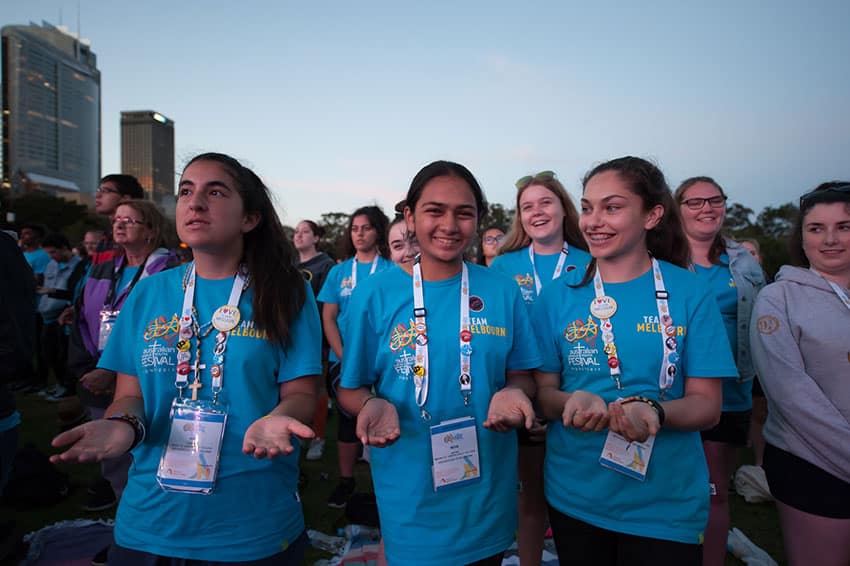
“The Instrumentum Laboris is not in any sense the ‘final word’ on any issue,” Archbishop Costelloe said.
“The ‘final word’ will be spoken in the months and years which follow the Plenary Council, as each diocese and local Church community begins to discern how best to incorporate the insights and practical proposals which emerge from the Plenary Council into its own local context.”
Archbishop Costelloe said the process of listening and discernment remains central to the Council journey – for the Instrumentum Laboris team now announced, for the delegates and for the wider Catholic community.
“I encourage people to remain engaged in the Council process and, most importantly, to pray for those of us engaged in this writing task, for the delegates and for our Church in Australia.”
Related
